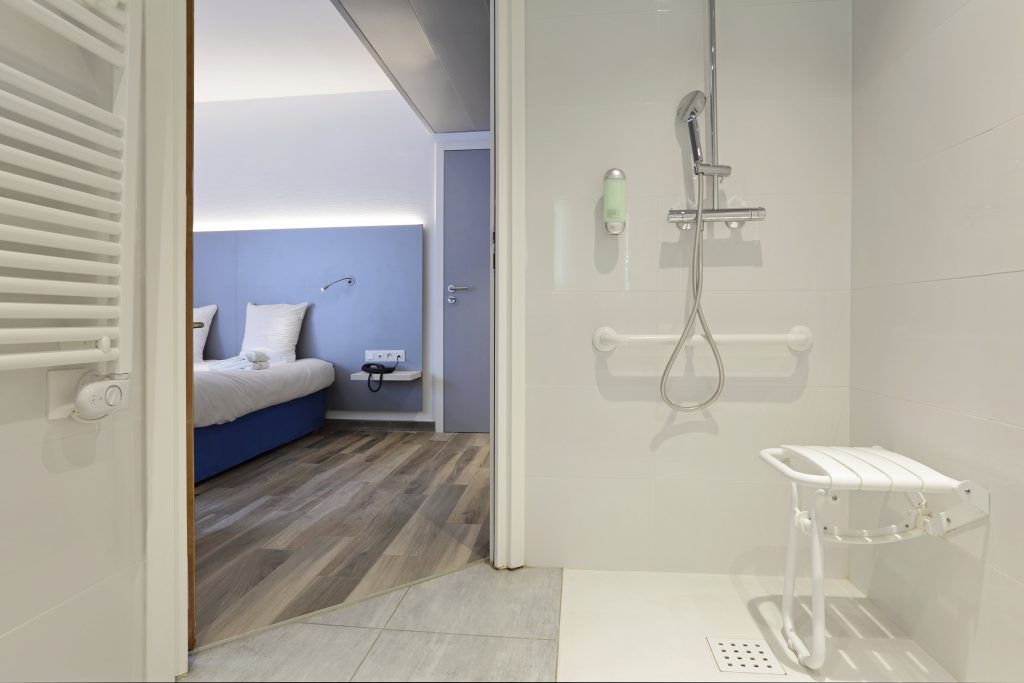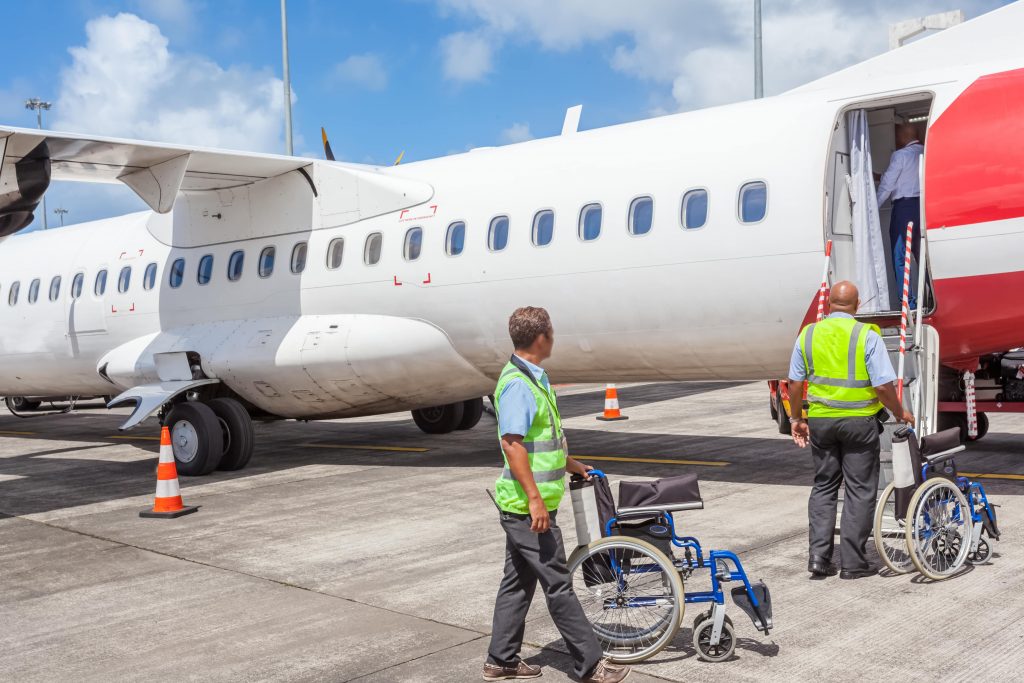Tips for travelling with a physical disability
If you have a disability, medical condition or other mobility issue, travel can be challenging at times. However, the travel industry is gradually beginning to adapt, becoming more accessible and making travel easier for everyone.
Here are some things to remember when travelling with a physical disability.
1. Research your destination
As a starting point, do some basic online research to ensure your destination meets your needs. Accessible transport and accessible accommodation are often the two key elements of travelling with a physical disability.
If you are taking a mobility scooter, you will also need to establish whether the destination is scooter-friendly – some places are much better than others.
2. Find out about accessible transport
Accessibility of public transport abroad varies enormously. Regardless of your destination, it’s very risky to assume there will be good access to public transport.
This means the most reliable options are renting a vehicle (wheelchair-accessible options should be available, if needed), or using a taxi that is similarly capable of transporting disabled people.
An internet search is a good way of finding out whether disability transport services are available in the place you are travelling to. You can also contact local taxi companies or regular transport providers. Another option is to get in touch with local disability organisations as they may have helpful information.
3. Decide whether to use a tour operator or make your own arrangements
Using a tour operator is usually best when travelling to countries where facilities for those with disabilities are often limited– such as developing countries. Tour operators tend to use approved local service providers, such as accessible taxis and hotels, in order to meet the varying needs of their customers. On the downside, tour operators have fixed itineraries which means flexibility is limited and you may not have the freedom you want when on holiday.
Making your own arrangements is usually much cheaper, but you may find it difficult to obtain guarantees that the special arrangements you need will be available to the standard and quality you require.
4. Ensuring you get accessible accommodation
Most international hotel chains have specially adapted rooms wherever in the world you travel, but you should always confirm before you book. If possible, do this by email rather than on the phone. Sending an email is a clearer way of communicating, especially with overseas providers who may not understand you correctly on the phone. Just as importantly, email represents written evidence if anything doesn’t go according to plan.

Also, it is often better to go direct to a hotel rather than booking through a third-party service. Make sure to only confirm your booking when you are totally satisfied all your requirements will be met.
5. Check out your flights before booking
The cheapest option is not always the best – so search online for terms and conditions, or contact the airline’s customer service team to find out more. If you are taking a mobility scooter or other valuable equipment, it’s well worth choosing the airline that best meets your needs before booking.
6. Give the airline plenty of notice
If you need special assistance when flying, you are required to let your airline know at least 48 hours ahead of your flight so they can make the necessary arrangements for you. Again, contact the customer service team to ensure any help and assistance will be provided.
7. Make sure the airline knows specifications of your scooter and/or equipment
If you’re travelling with a mobility scooter, the airline will also need to know the type and measurements of your scooter and/or other equipment. Pavement scooters that reach speeds of 6-8 mph are usually too heavy to take on board, but compact travel scooters that can be split into sections or packed away are ideal.

Again, look at the airline’s terms and conditions online and ensure the measurements they give match the size of your scooter. In addition, it’s a good idea to take your user manual with you as evidence of your scooter’s specifications.
8. Be aware of scooter battery issues
If you are travelling by plane with a mobility scooter, you need to know what type of battery your scooter uses. Non-spillable wet/dry cell batteries are usually regarded as safe. However, lithium batteries must be removed from the scooter before boarding to prevent short-circuiting.
Hiring a mobility scooter at your destination is an option worth considering. If you are booking your holiday and flights through a travel agent, tell them you will need help when walking around the airport and they should be able to arrange a scooter for you. They can also help you hire equipment that can be delivered to your hotel, allowing you to enjoy your holiday without worrying about taking your mobility scooter and other equipment with you.
9. Get to grips with the procedure for getting off the plane
If you need special assistance when you land, you will be attended to when the other passengers have got off the aircraft. The procedure is a reverse of what happened when you boarded the plane. If you need help collecting luggage, make sure you arrange this with the airline ahead of your flight. When you get your luggage, make sure you check your mobility and medical equipment. If anything has been lost or damaged, you should be covered on your travel insurance policy, which is one of the reasons why taking out travel insurance is so important.
10. Get covered
One of the most important things to remember when travelling is to make sure you’re properly covered. Finding the right travel insurance for your holiday can be tricky, especially if you have a condition that is hard to find cover for at a reasonable price.
Fish Insurance works closely with travel experts, AllClear Travel Insurance, to offer comprehensive travel insurance, covering a wide range of disabilities and medical conditions, with no age limit. Click here for more information or call a member of our friendly team on 0800 294 5101.

